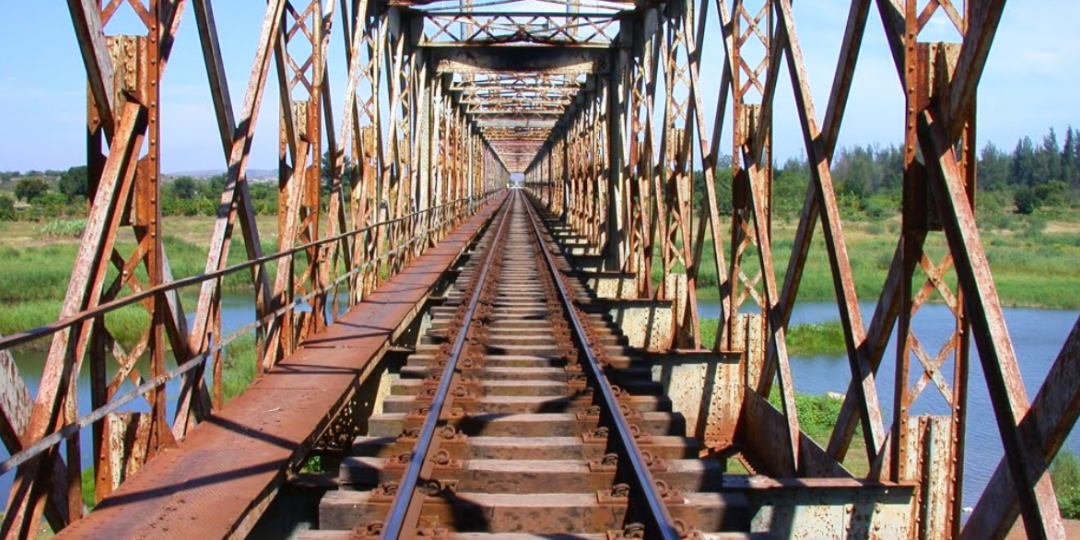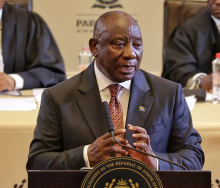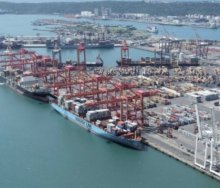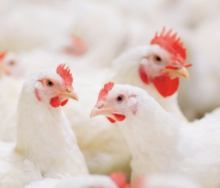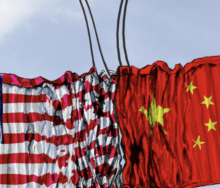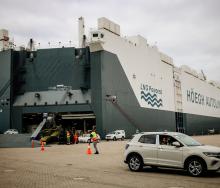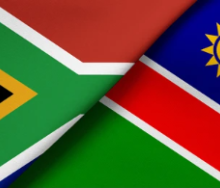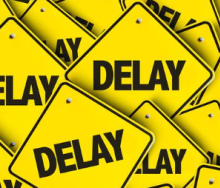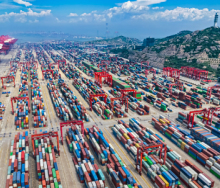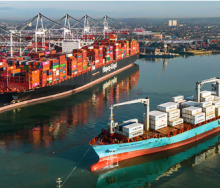The governments of Eswatini and Mozambique have entered into a rail agreement that transportation officials from both countries predict will triple cross-border goods transport by rail in 2023.
The deal calls for the first direct cargo trains from Matsapha and other points in Eswatini to Maputo that will not have to make a stop at the Goba border crossing.
Both countries agree that given an anticipated rise in coal volumes, the previously required stop between the countries would be a costly encumbrance.
The signing ceremony at Maputo’s port this week was between Portos e Caminhos de Ferro de Moçambique and Eswatini Railways. The port is the final destination for goods incoming from Eswatini. Mozambique Minister of Transport and Communications Mateus Magala reported at the signing: “The volume of coal transported will increase from 3 600 tonnes to 7 200 tonnes per day. A total of 190 000 tonnes of cargo from Eswatini was transported last year via the Goba railway, and this year we expect that 788 000 tonnes will be transported.”
Already the number of cargo trains on the Goba route has doubled, from two to four a day. Eswatini Railway has recently targeted this route as a means of facilitating coal transhipped from South Africa, as well as Eswatini’s own coal exports originating at the Maloma Colliery in the country’s northwest. Coal from South Africa is transported by truck to Maloma in Eswatini, where it is transferred to the trains of the Goba line. The trains proceed to Maputo via Goba, only now without halting at the Mozambique border.
Buoyed by the prospect of major shipments headed to Maputo, Eswatini Railway also hopes to exploit the non-stop line to increase bulk sugar shipments by rail. Currently, most of Eswatini’s sugar, which represents the country’s largest export by volume, travels by road east to Durban port. The sugar originates in the northern lowveld area of Eswatini, not far from the rail line to Goba. Some fuel destined for Eswatini’s fuel depots at the Matsapha Industrial Estate is shipped via this line from Maputo.
Eswatini Railways chief executive officer Nixon Dlamini, and the chairman of the government-owned rail company’s Board of Directors Alex Mngomezulu, accompanied Eswatini’s Minister of Public Works and Transport, Ndlaluhlaza Ndwandwe, to Maputo as the minister signed the new rail pact. All expressed the view that higher rail transport of a variety of goods from Eswatini to Maputo’s port is inevitable. Both countries’ officials praised the direct cargo trade agreement as fulfilment of their nations’ obligations toward the establishment of the African Free Trade Area (AfCFTA).
The line has particular implications for the new rail line under development that will connect Eswatini Railway to Gauteng. Assuming the proposed rail crossing between Eswatini and South Africa does not require stoppage of trains for customs purposes or exchange of operation crews, cargo will be able to move non-stop from Johannesburg to Maputo using the shorter direct route through Eswatini.
